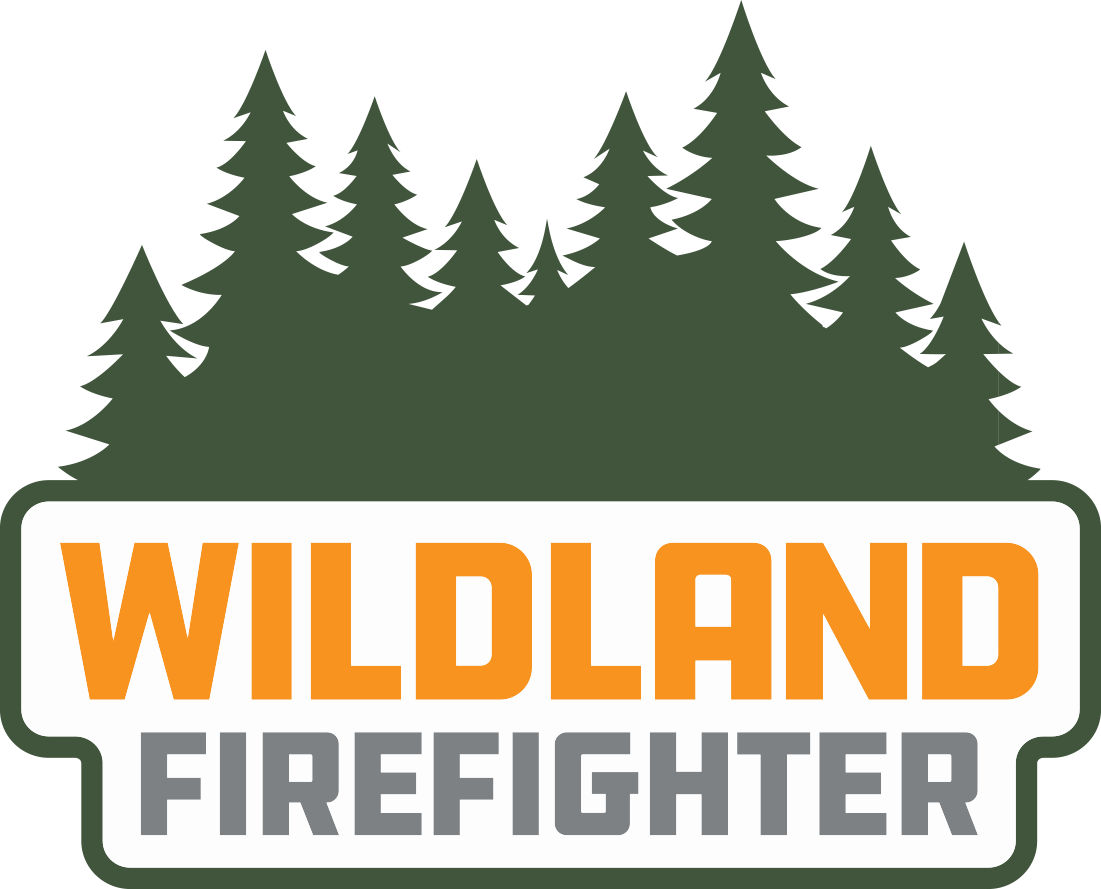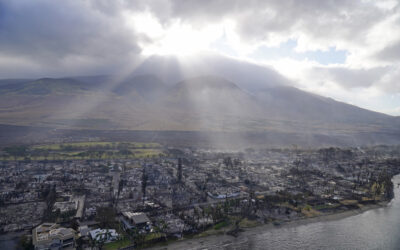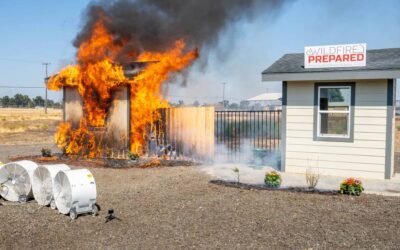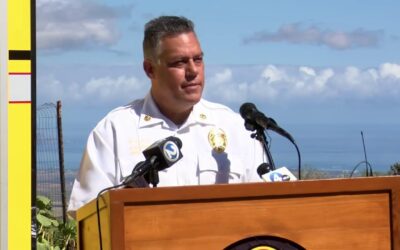Deadline: March 16, 2020
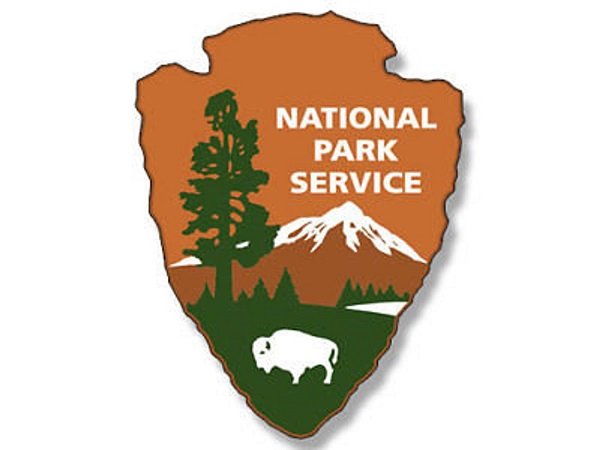
(National Park Service)
Summary
This position provides leadership in an Interagency Fire Program. The position serves as the first line supervisor for two Engine Modules (one Type 6 and One Type 3), two Fire prevention Technicians and one Lookout with the primary responsibility for leadership of a highly effective Interagency wildland fire suppression organization dedicated to all aspects of wildland fire.
Government housing may be available. A wide variety of housing options also exist in Tucson and adjacent communities.
Responsibilities
The incumbent provides fire line leadership, direction and training for an Interagency Fire Program. Serves as the supervisor for two module supervisors, 2 fire prevention technicians, and one lookout engaged in wildland fire activities on a combined NPS and USFS Interagency unit and throughout the United States.
- Lead and supervise assigned Interagency Resources
- Serves as the ADMFO for the USFS-NPS Catalina Rincon Fire Zone.
- Supervise assigned resources in all aspects of wildland and prescribed fire operations including unit preparation, ignition, monitoring, holding, mop-up and rehabilitation.
- Serve as Task Force Leader, Incident Commander, Engine Boss, Crew Boss, Burn Boss on wildland and prescribed fires, as qualified and assigned.
- Supervise the maintenance and utilization of fire equipment such as power tools, UTVs, pumps or engines.
- Works with park FPMA and FMO to ensure that time and travel are recorded accurately and in a timely manner.
- Function as an active member of a robust Interagency organization.
Duties will be developmental in nature when filled below the full performance level.
Requirements
Conditions of Employment
- U.S. Citizenship required.
- Appointment subject to background investigation and favorable adjudication.
- Meet Selective Service Registration Act requirement for males.
- Selectee will be required to participate in the Direct Deposit Electronics Funds Transfer Program.
- You will be required to submit to a drug test and receive a negative drug test result prior to appointment. In addition, this position is subject to random testing for illegal drug use.
- Prior to appointment, you must be determined physically fit by an authorized government physician to perform strenuous and physically demanding duties; and also pass a medical examination (which includes vision, hearing, cardiovascular, and mobility of extremities) given by an authorized government physician. You will also be required to undergo periodic medical examinations throughout employment.
- The Work Capacity Test (WCT-Pack Test) as a method for assessing an employee’s fitness levels for fire qualifications in the positions covered by this recruitment notice. Employees required to pass a WCT-Pack Test as a “condition of employment” will be provided one opportunity to pass the required test with a second chance provided at the discretion of management based on the results of the first test.
- You will be required to operate a government (or private) motor vehicle as part of your official duties; a valid driver’s license is required.
- Selectees may be expected to travel in (not pilot) a small single-engine aircraft.
- You may be required to work on-call, evenings, weekends, holidays, overtime and shift work.
- Any individual who is currently holding, or has held within the previous 52 weeks, a General Schedule position under non-temporary appointment in the competitive or excepted service, must meet time-in-grade requirements (must have served 52 weeks at the next lower grade or equivalent in the Federal service). Time-in-grade requirements must be met by the closing date of this announcement.
- If you are a new employee or supervisor in the Federal government, you will be required to complete a one-year probationary period.
- Subject to frequent extended travel particularly during fire season, and you must obtain a government charge card for travel.
Qualifications
All qualifications must be met by the closing date of this announcement-03/16/2020-unless otherwise stated in this vacancy announcement.
Credit will be given for all appropriate qualifying experience. To receive credit for experience, your resume MUST clearly indicate the nature of the duties and responsibilities for each position, starting and ending dates of employment (month/year), and the resume must reflect either full-time or 40 hours per week. If a part-time work schedule is reflected, the hours must be annotated to ensure proper crediting of specialized experience.
This position has been identified as one of the key fire management positions under the Interagency Fire Program management (IFPM) Standard. This position has been categorized as a Wildland Fire Operations Specialist, High Complexity, and requires selectee to meet the minimum qualification standards for IFPM prior to being placed into the position. For more information on IFPM, click here.
Selective Factors: The applicant must have possessed all of the following National Wildfire Coordinating Group (NWCG) incident management qualifications and training requirements to be considered eligible for this position:
1. Pathway #1 – DIVS and ICT3 OR RXB2
2. Pathway #2 – ASGS and ICT3
Currency is required. You will be required to obtain and maintain currency for the NWCG qualifications listed above.
– AND –
Selective Factor: Candidates must possess a minimum of 90 days of wildland firefighting experience is required to meet qualifications for secondary (administrative) covered positions. The Department of Interior defines wildland firefighting experience as: On-the-line wildland firefighting experience gained through containment, control, suppression, or use of wildland fire. This experience can be met by serving in a temporary, seasonal, or equivalent private sector fire position for no less than 90 days. Periods of wildland firefighting experience, gained through militia and rural fire departments, can also be credited, as long as the total amount of this experience equates to at least 90 days. Wildland fire is defined as any non-structure fire that occurs in the wildland. Two distinct types of wildland fire have been defined and include wildfire and prescribed fires as follows: Wildfire: Unplanned ignitions or prescribed fires that are declared wildfires. Prescribed Fires: Planned ignitions. This description includes only fireline experience on a Prescribed Fire; it does not include experience in the planning stages. Prescribed fire experience must be supplemented by fire suppression experience in order to be creditable as previous wildland firefighting experience.
– AND –
In addition, to qualify for this position, you must possess one of the following minimum qualifications:
GS-0462-8:
Specialized Experience: at least one year of specialized experience equivalent to the GS-7 in the Federal service. Examples include: Assisting in managing a broad range of fire programs such as preparedness, prevention, prescribed burning, monitoring, and hazardous fuels reduction. Assisting in writing and executing wildland fire management plans, prescribed burn plans, and preparedness plans. Assisting in determining annual pre-suppression and suppression needs. OR
Education: completed two years of graduate level education or a master’s degree directly related to the position. Examples of related education include forestry, wildland fire science, or other directly related sciences. You must provide transcripts at time of application. OR
Combination: a combination of specialized experience and graduate level directly related education that qualify me for the position.
GS-0462-9:
Specialized Experience: at least one year of specialized experience equivalent to the GS-8 in the Federal service. Examples include: Experience in one or more fire programs such as preparedness, prevention, prescribed burning, monitoring, and hazardous fuels reduction. Executed wildland fire management plans, prescribed burn plans, and preparedness plans. OR
Education: completed two years of graduate level education or a master’s degree directly related to the position. Examples of related education include forestry, wildland fire science, or other directly related sciences. You must provide transcripts at time of application. OR
Combination: a combination of specialized experience and directly related graduate education that qualifies me for the position. You must provide transcripts at time of application.
Volunteer Experience: Experience refers to paid and unpaid experience, including volunteer work done through National Service programs (e.g., Peace Corps, AmeriCorps) and other organizations (e.g., professional; philanthropic; religious; spiritual; community, student, social). Volunteer work helps build critical competencies, knowledge, and skills and can provide valuable training and experience that translates directly to paid employment. You will receive credit for all qualifying experience, including volunteer experience.
Education
To qualify based on education, you must submit a legible copy of transcripts from an accredited institution with your name, school name, credit hours, course level, major(s), and grade-point average or class ranking. Transcripts do not need to be official, but if you are selected for this position and you used your education to qualify, you must provide official transcripts before you begin work.
If you are using education completed in foreign colleges or universities to meet qualification requirements, you must show that your education credentials have been evaluated by a private organization that specializes in interpretation of foreign education programs and such education has been deemed equivalent to that gained in an accredited U.S. education program; or full credit has been given for the courses at a U.S. accredited college or university.
Additional information
Promotion to the full performance level is neither guaranteed nor implied and will be based solely on your ability to satisfactorily perform the work of the position, existing work at the higher grade level, and recommendation by the position’s supervisor.
Physical Demands: Duties involve fieldwork: requiring above average physical fitness and endurance. Work requires prolonged standing, walking over uneven ground, and recurring bending, reaching, lifting and carrying of items weighing over 50 pounds and shared lifting and carrying of heavier items, and similar strenuous activities requiring at least average agility and dexterity. Duties include demands for strenuous activities in emergency under adverse environmental conditions and over extended periods of time. Operation of some specialized fire equipment can place extended physical stress on incumbent during fire activities.
Working Conditions: Work is performed in both an office and field setting. The work performed in an office setting is primarily sedentary. The work performed outdoors is in forest and desert environments or in steep terrain where surfaces may be extremely uneven, rocky, or covered by vegetation. Temperatures commonly exceed 100 degrees F and fall below freezing. Risks include smoke inhalation, fire entrapment, exposure to excessive machinery noise, and falling and rolling material. Personnel must adjust and cope with exposure to weather elements, dust and smoke, poor sleeping and eating situations under an unpredictable set of circumstances. Incumbent may be required to live in back country camps for extended periods of time.
This is a secondary-administrative firefighter position under the special retirement provisions of 5 U.S. C. 8336 (c) (CSRS) and 5 U. S. C. 8412 (d) (FERS). PLEASE NOTE: Applicants may meet qualification requirements, but may not be eligible for special retirement coverage. If such an applicant is selected, they will be placed in the regular retirement system. To be eligible for Secondary retirement coverage under CSRS, an employee must transfer directly (without a break in service exceeding 3 days) from a primary position to a secondary position. To be eligible for Secondary retirement coverage under FERS, an employee must: 1) transfer directly (without a break in service exceeding 3 days) from a primary position to a secondary position, AND 2) complete 3 years of service in a primary rigorous position including any such service during which no FERS deductions were withheld, AND 3) must be continuously employed in a secondary position(s) since moving from a primary rigorous position, except for any break in employment from a secondary position that began with involuntary separation (not for cause). It is the responsibility of the applicant to ensure this office has enough information to determine your special retirement status to ensure you do not lose benefits (normally through submission of your work history or other documentation that demonstrates work history of approved covered positions). You must let this office know if you are in a Primary position.
If you are unable to apply online or need to fax a document that you do not have in electronic form, view the following link for information regarding an Alternate Application. Click the following link for more information, https://help.usastaffing.gov/Apply/index.php?title=Alternate_Application_Information.
